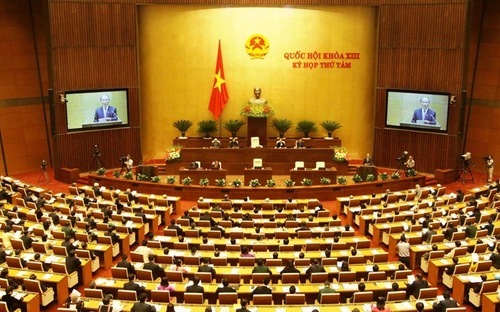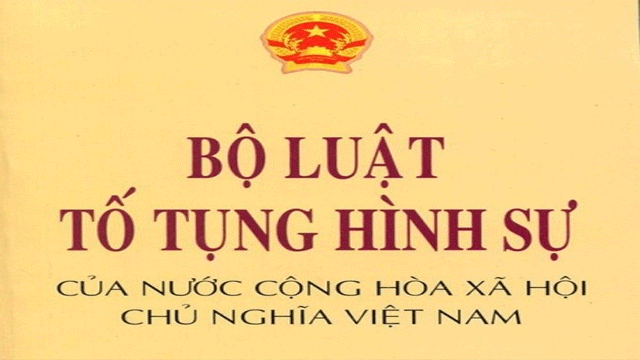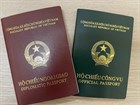The Supreme People's Court is drafting the Resolution guiding the application of certain provisions of the Criminal Code regarding corruption and office-related crimes, and the adjudication of corruption and office-related cases. Currently, corruption and office-related crimes are stipulated in Chapter XXIII of the Criminal Code 2015.

Guidance 05 on circumstantial sentencing for corruption and office crimes in the Criminal Code (Illustration)
In the Draft Resolution this time, there are 05 guidelines on circumstantial sentencing for corruption and office crimes, specifically:
Firstly, organized crime as stipulated in Point a Clause 2 Article 353, Point a Clause 2 Article 354, Point a Clause 2 Article 355, Point a Clause 2 Article 356, Point a Clause 2 Article 357, Point a Clause 2 Article 358, and Point a Clause 2 Article 359 of the Criminal Code is the form of complicity with close coordination, assignment, arrangement of roles of those involved in committing the crime.
Secondly, using cunning and dangerous methods as stipulated in Point b Clause 2 Articles 353 and 355 of the Criminal Code is when the perpetrator uses high technology or other fraudulent tricks to commit the crime, destroy evidence, conceal criminal acts, making it difficult to detect, investigate, and handle the crime.
Thirdly, committing the crime 02 or more times as stipulated in Point c Clause 2 Article 353, Point d Clause 2 Article 354, Point c Clause 2 Article 355, Point b Clause 2 Article 356, Point b Clause 2 Article 357, and Point b Clause 2 Article 358 of the Criminal Code is when the perpetrator has committed the criminal acts stipulated in these articles 02 or more times but has not yet been prosecuted criminally and the statute of limitations for criminal prosecution has not expired.
Fourthly, negatively affecting the lives of officials and public employees and workers in the agency, organization as stipulated in Point g Clause 2 Article 353 of the Criminal Code is causing loss or reduction of regular income, legally increased income of officials and public employees, workers; causing internal discord within the agency, organization; disrupting the production and business activities of an enterprise, leading to work hour reductions, job loss, resulting in reduced or lost income for workers.
Fifthly, adversely affecting security, order, and social safety as stipulated in Point c Clause 3 Article 353 and Point d Clause 3 Article 355 of the Criminal Code is causing loss of security, order, and social safety in the locality, area where the criminal act took place (for example: due to the criminal act, leading to public complaints, large gatherings causing traffic congestion, loss of security, order...).
Besides the guidance on some circumstantial sentencing mentioned above, this Draft also proposes guidance on several other contents such as: Guidance on determining the appropriated assets, damages caused by corruption and office crimes; guidance on asset recovery in corruption and office crimes cases; guidance on resolving related civil transactions; guidance on the Court's recommendations to competent state agencies during the trial of corruption and office crimes cases.
For detailed guidance, see Draft Resolution on Guidance for Applying the Criminal Code Regulations in the Trial of Corruption and Office Crimes Cases.
Le Hai
 Article table of contents
Article table of contents









